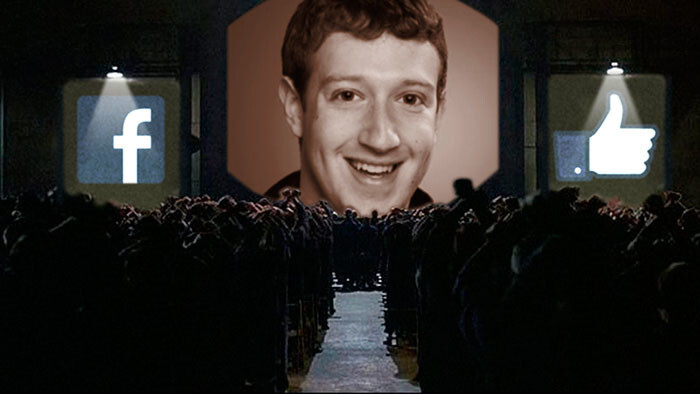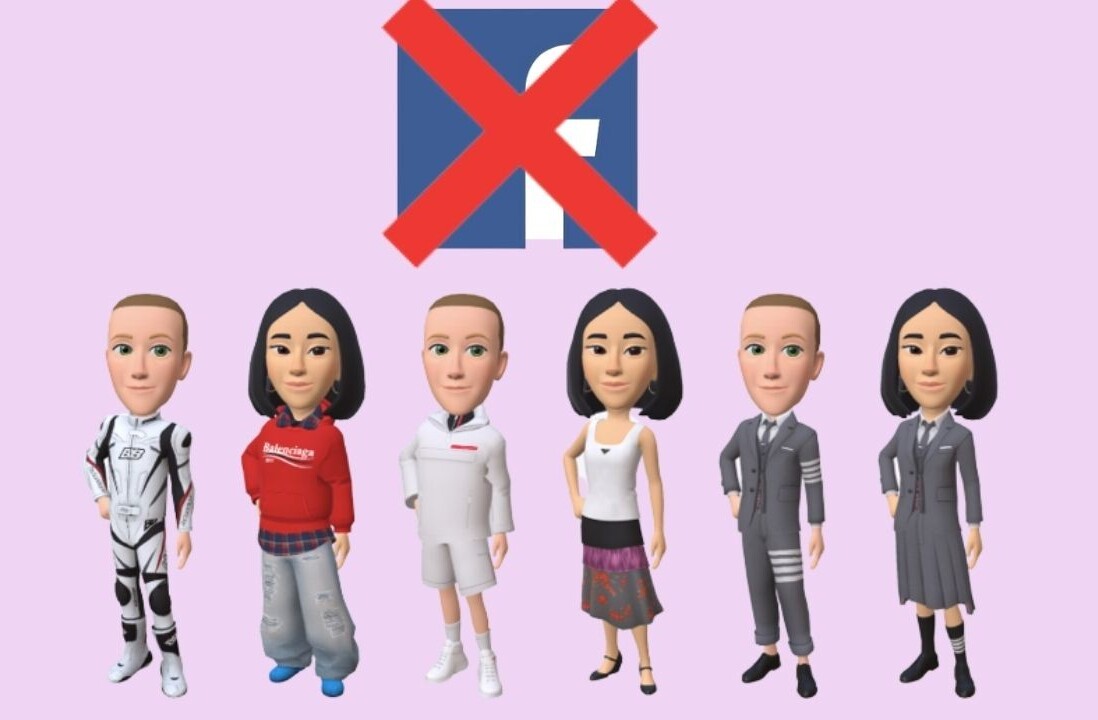
For the unemployed (or underemployed) a Verizon job ad in the Facebook Newsfeed might be just the break they’re looking for. In an ad featuring a smiling millennial woman, Verizon promises “your [sic] more than just a number,” a corporate euphemism meant to relay a company values its employees.
In this case, it’s an ironic choice of words.
Whether the sentiment was true or not is irrelevant; the ad only appeared in the feeds of those aged 25 to 36. The irony could be laughable, if it weren’t for the millions of Americans that won’t have the chance to crack a smile. For them, the ad never existed.
Verizon isn’t the only company guilty of targeting employment ads to the younger end of the workforce. According to a report published by ProPublica and The New York Times: Amazon, Goldman Sachs, Target, and Facebook itself have all been responsible for ads meant to attract the young while precluding the old.
Worse, Facebook defended the practice. According to Facebook VP Rob Goldman:
Used responsibly, age-based targeting for employment purposes is an accepted industry practice and for good reason: it helps employers recruit and people of all ages to find work.
It’s a good thing Goldman isn’t an attorney.
For one, the statement that age-based targeting is not only okay, but standard practice says little to appease current laws prohibiting exactly that. And Goldman seems to understand this is against the law.
U.S. law forbids discrimination in employment based on age, race, gender and other legally protected characteristics. That said, simply showing certain job ads to different age groups on services like Facebook or Google may not in itself be discriminatory — just as it can be OK to run employment ads in magazines and on TV shows targeted at younger or older people.
Attempting to digest this is futile. It’s a statement that directly contradicts itself within a span of three paragraphs.
Targeting younger audiences by advertising on TV shows is standard practice. Where it differs — and thus, remains legal — is that the show doesn’t block the ad for anyone above a certain age. While Keeping Up With The Kardashians might attract the coveted 25 to 34 age group you’re looking for, that’s not to say they’re the only ones watching it. The feed doesn’t go dark when Amazon attempts to recruit its next generation of factory workers.
On Facebook, this is exactly what happens. The ad never appears to those outside of the age range specified when targeting the ad. When attempting to woo new employees or perhaps tenants in an apartment building, this is a blatant disregard for laws prohibiting such a practice.
To put it simply, 29 USC §621 plainly states:
It is therefore the purpose of this chapter to promote employment of older persons based on their ability rather than age; to prohibit arbitrary age discrimination in employment; to help employers and workers find ways of meeting problems arising from the impact of age on employment.
For Facebook, this might not mean much. The company has argued in court filings that the law governing this sort of practice, the Communications Decency Act, makes it immune from liability when serving discriminatory ads.
Whether legal or not, you’d hope human decency would prevail. Facebook, though, seems to be fresh out of that.
Get the TNW newsletter
Get the most important tech news in your inbox each week.




